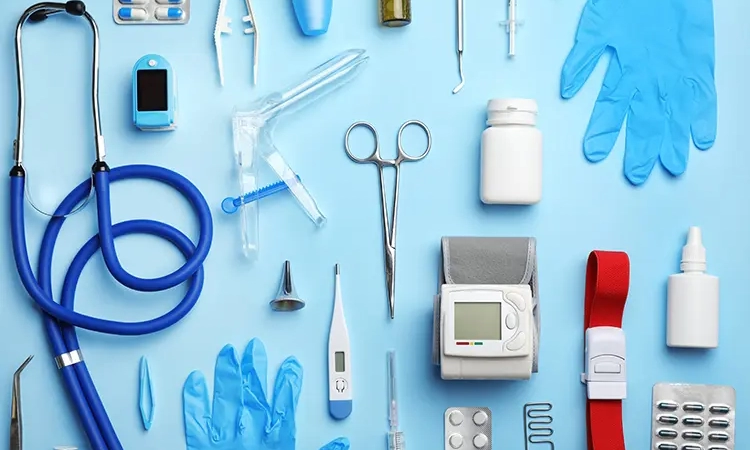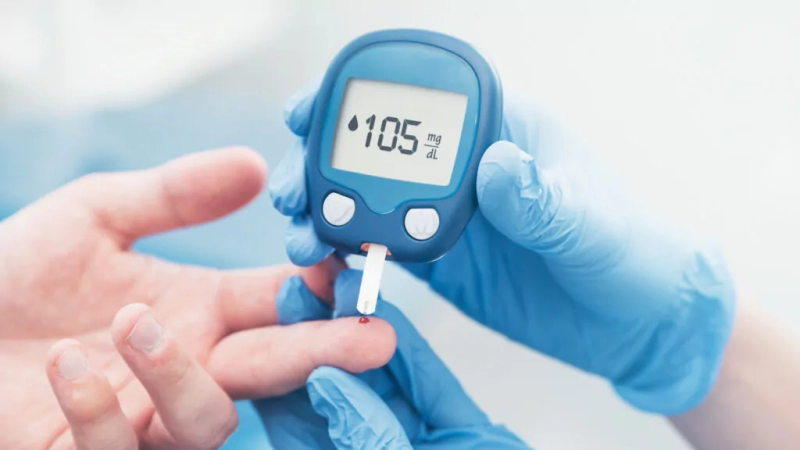Recently antibacterial soaps banned in US by Food and Drug Administration (FDA) amid claims they do more harm than good. US FDA banned the use of certain compounds in antibacterial hand and body wash products. India’s CDSCO (Central Drug Standard Control Organization) is set to reflect whether their use in India poses a public health risk that requires a closer look.
The antibacterial liquid hand-wash market is a little overRs.500 crore in India and growing 15% annually. Antibacterial products are $1 billion industry in the US, the market size in India is fairly small.
Soaps and hand-washes are classed as cosmetics in India subject to the Drugs and Cosmetics Act, 1940. Some popular soaps and hand washes in India such as Hindustan Unilever’s Lifebuoy, ITC’s Savlon, Wipro’s Santoor and Godrej’s Cinthol uses triclosan and triclocarban.
The FDA, for instance, revealed in 2013 that some data suggested that “long-term contact to certain active ingredients used in antibacterial products for example, triclosan (liquid soaps) and triclocarban (bar soaps) could pose health risks such as bacterial resistance or hormonal effects.”
The cosmetics division of CDSCO will take a call on it, if need be. It depends on whether there is a public health issue at stake here,” said CDSCO official cited earlier. The Indian cosmetic regulatory body (CDSCO) will provide the registration certificate in Form 43. The required documents and the steps for registering your cosmetic products can be found on our blog section – Process of Cosmetic Registration in India.
Other News
India Medical Device Pricing Strategy: Ensuring Growth & Affordability
India’s National Pharmaceutical Pricing Authority (NPPA) is developing a specialized India medical device pricing strategy for medical devices, transitioning away from the conventional drug-centric framework. This innovative strategy will incorporate international pricing tactics tailored to […]
Read MoreImports of High-Value Medical Equipment
High-Value Medical Equipment The Central Drugs Standard Control Organization (CDSCO) and the Central Board of Indirect Taxes & Customs have released a new circular, “F.No.401/40/2021-Cus.III,” detailing updated policies on the import of used high-end medical […]
Read MoreSEC Committee: Pioneering Medical Approvals
New important article released by Central Drugs Standard Control Organization (CDSCO) titled “SEC – Special Expert Committee, Medical Devices”. Key highlights include the streamlined processes for CDSCO application evaluations, preparation and significance of briefing materials, […]
Read MoreErlySign Oral Cancer Detection Technology Gets CDSCO Nod
ErlySign, a Nagpur-based biotech startup, has received approval from the Central Drugs Standard Control Organization (CDSCO) to conduct large-scale clinical trials for its novel oral cancer detection technology. The approval for ErlySign follows a rigorous […]
Read MoreAdditional Steps Announced by FDA to Modernize Clinical Trials
The U.S. Food and Drug Administration has made draft guidance available with updated recommendations for good clinical practices (GCPs), which are intended to modernize the clinical trial design and conduct while maintaining data integrity and […]
Read MoreAccreditation and Registration Numbers for Foreign Manufacturers Publication by PMDA
This article deals In accordance with the Pharmaceuticals and Medical Devices Act (PMD Act) of Japan, foreign businesses that wish to produce pharmaceuticals, quackery products, active pharmaceutical ingredients (APIs), or medical devices abroad and import […]
Read MoreBSI New Certification to Mitigate Antimicrobial Resistance Risk in Antibiotic Manufacturing
BSI, the business improvement and standards company, has developed a new certification to mitigate the risk of antimicrobial resistance (AMR) in antibiotic manufacturing. The certification, called the Minimized Risk of Antimicrobial Resistance (AMR) certification, will […]
Read MoreTUV SUD Inspects IVD Medical Devices’ Cyber Security
The growing digital connectivity of medical infrastructure is resulting in complicated systems with a plethora of diverse interfaces that are potentially vulnerable to assault. The IVD requires producers to provide proof of cyber security before […]
Read More


